The Art & Science of Medicine: Interview with Jasmine Wu
Learn about Jasmine's story, spanning experiences across Canada and Oxford
Welcome to the Invite Health newsletter. This is a newsletter for those figuring out what to do with a life sciences / health sciences degree. We share stories of students pursuing careers in healthcare, and the experiential learning opportunities they've had. From public health to education to child health research, my goal with this newsletter is to introduce you to the various pathways that students can pursue in healthcare (and beyond)!
Whether you’re reading this on a commute, during your study break, or from the comfort of your own home, I hope you enjoy reading today’s newsletter.
- Sachi
This week, I invited one of my friends at Oxford, Jasmine, to share her story. She is a medical student at McMaster University, and currently taking a year off to pursue a Master’s of Medical Anthropology at the University of Oxford. Today’s highlights include:
Why Jasmine decided to take a year off of medical school to pursue a Master’s of Medical Anthropology at Oxford
The life-changing research experiences she had as a high school and undergraduate student, and how that inspired her career ambitions
Jasmine’s experience with WWOOF, where she got to spend a few months working on a farm on the remote island of Alert Bay, BC, Canada
The Art & Science of Medicine: Interview with Jasmine Wu
First off, tell us about your journey so far. Where do you study, what inspired you to pursue this, and what’s next? What else do you like to do outside of studying?
Hi! My name is Jasmine (she/her). Currently, I did my undergrad at WesternU in neuroscience and am a current medical student at the Michael G. DeGroote School of Medicine’s Waterloo Campus. However, I’m taking a year off after first year to pursue a MSc in Medical Anthropology at Oxford University. I’ve had the privilege of doing this through McMaster’s Enrichment Year Program, which I decided to pursue because I didn’t have the chance to go on exchange in undergrad (haha thanks covid) and wanted more time to explore my interests in the social determinants of health and narrative medicine— which I didn’t feel was emphasized enough in my first year of medical education. Med school, especially clerkship onwards, can become overwhelming and very biomedically/clinically-focused. Taking this year to study abroad has helped me grow as a person and guide future career decisions such as choosing a specialty (so far, I’m leaning towards psychiatry, palliative care, or public health).
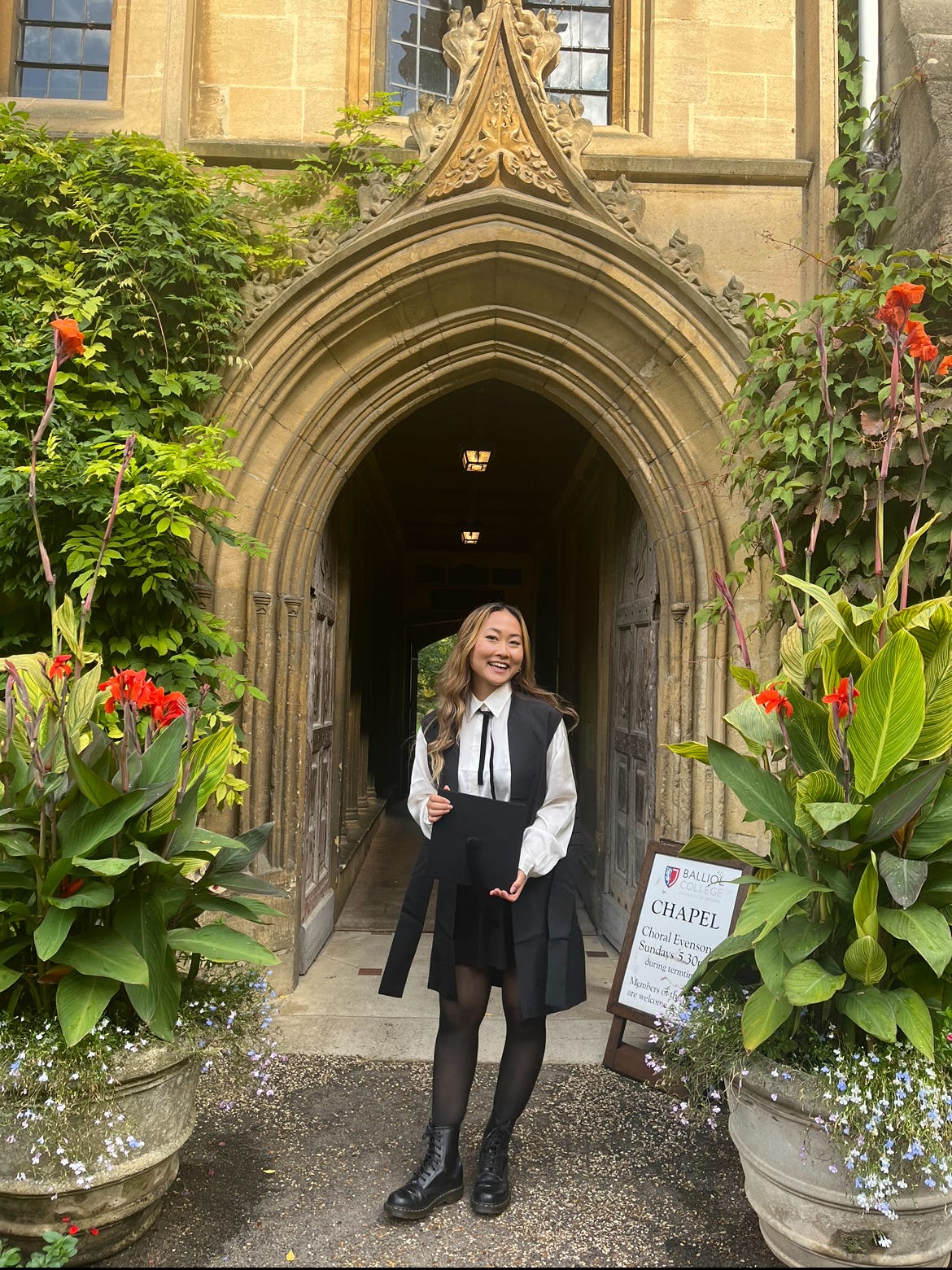
As much as medicine is an art as much as it is a science, medical anthropology blurs the boundaries between social science and science. Medical anthropology is the study of health and illness across cultures. Using a critical lens and by applying concepts of structural violence, medicalization, damage-based vs desire-based frameworks, etc, we also look at how the medical system inconspicuously maintains Western biomedical, imperial, colonial structures. (If you’re interested, I’d recommend reading Paul Farmer, Eve Tuck, Arthur Kleinman, Nancy Scheper-Hughes). We have also looked at how different cultures approach health and illness, for instance with Indigenous communities in present-day South America and Chinese medicine. I believe this will make me a better physician because I have become more attuned to peoples’ experiences with health, illness, and the healthcare system— beyond the diseases, anatomy, physiology, organ systems, ‘DEEPICT (Definitions, Etiology, Epidemiology, Pathophysiology, Investigations, Clinical signs and symptoms, Treatment)’, etc. which are the primary focuses of Canadian medical education. I hope to apply my learnings to my future clinical work while also advocating against social justice issues in medicine, especially as I desire to work with marginalized populations.
Outside of studying, I enjoy dance (heels and hip hop as very empowering art forms), walks in the city and nature, visiting local markets and art galleries, trying new cuisines, indulging in desserts (especially ice cream), attending live music events, watching sunsets, spending time with my dog... Travel has been a priority too because it allows you to experience other cultures in some capacity— although I recognize you would never have the same experience as actually living in a place. This year, I have planned to backpack around Europe in between term time. As of this newsletter, I’ve visited Scotland, Belgium, Germany, The Netherlands, Denmark, Norway, and Sweden. I digress. Regardless, Oxford has been an incredible experience in that it brings together bright scholars from all over the world (I have made incredible friends from South Africa, India, Uganda, Zimbabwe, Ghana, US, Australia, etc.), offers lectures and seminars from world-renowned academics, has incredible libraries and facilities, has a unique social environment (anyone interested in balls and dressing up in dark academia?), and is an 8 week term time, 6 week holiday school cycle which is where I do the bulk of my traveling.
If you’re interested in following me along in my time at Oxford, you can follow my digital scrapbook instagram @justjazzyyyyyyyy. It’s a very informal platform where I post weekly recaps of what Oxford student life is like, with the focus mostly on the social aspect (because those are the memories that last and also, you as a human are ALWAYS deserving of rest and allowed to have fun. Remember that.)
Another hobby I have been able to rekindle is writing for fun. I remember in elementary school I would furiously scribble short stories in my notebook, and in university I would write poetry and share it with close friends (although I wouldn't say it was terribly good). I want to continue to practice this artform and learn how to think critically in non-academic spaces, which is why I started a substack blog: justjazzyyyyyyyy.substack.com. Please feel free to engage with it in any way you want. I would also welcome constructive feedback if you have any!
You have a few experiences that you wanted to highlight, as you told me that they played a significant part of your journey. Can you talk about some of them here?
For those currently applying to undergrad: an extremely formative experience for me was conducting Scholar’s Electives Research in my undergrad at Western University. I found this program on the Western University website when I was looking at what each school can offer (we love that big decision-making moment). Any student is able to apply to this by submitting a separate application on the website linked above (more info there as well). I believe they take around 30 or so students— in my first year, where you will have to overload .5 credits in first semester with this philosophy-esque course, there were two classes of around 15 students. This course helps refine your writing skills, and the overloading is manageable and worth it, especially because in upcoming years you do not need to take a full course load because the program counts as a full 1.0 credit and even a 1.5 credit in your last year. I unfortunately didn’t get to experience the fourth year community-engaged learning project due to having gotten accepted into med school, but I heard from my peers that it was fun!
This experience instilled a passion within me for narrative-based research, allowed me to advocate for Indigenous mental health through scholarship, and given me a strong foundation to do research here at Oxford. From second year onwards, this program allowed me to engage closely with my supervisors in the research process from idea conception, ethics approval, carrying out the project, to publication. I do recognize that this experience depends on the supervisor chosen as some of my peers were working on grad students’ projects rather than their own project, so general advice applies in choosing supervisors carefully. I had met one of my supervisors Dr. Arlene MacDougall at a Social Science Faculty conference in my first year at Western. She was the keynote speaker at that event and I approached her after the conference. We then set up a separate time to meet in the next few weeks, and met once in person before COVID forced us into lockdown. In the following two years, we presented virtually at international conference presentations and produced a publication on Indigenous mental healthcare in Canada and first in terms of its methods for care delivery, and then in its relation to government funding structures.
For the high-schoolers who are not yet applying to undergrad: I would recommend the Hamilton Health Sciences High School Bursary Award. I had found this program online in a moment of sadness because I had gotten waitlisted for SHAD that year. This is a summer research program (July-August) based in Hamilton with accommodation in McMaster. You are matched with a research team of either dry- or wet-lab based research and help out with their projects while also obtaining a $1000 honorarium. When I did the program in 2018, I was based in the Population Health Research Institute and with an anesthetist supervisor. I was exposed to the world of quantitative research and also got to shadow my supervisor in the OR for various surgeries! I also met other students across Ontario who were interested in the health sciences/careers in healthcare— many of whom are still my close friends to this day. Most people have ended up on some path in healthcare such as medicine, dentistry, research, biotech. Ultimately, this was an experience of a lifetime and solidified my desire to pursue medicine- although I think now where I see myself in medicine has changed and may continue to change.

As you may have gathered from this newsletter, I am always up for an adventure. After spending the summer of 2020 cooped up in my family home studying for the MCAT and immediately doing my second year of undergrad online, I wanted a change in scenery. I had remembered a high school classmate travelling the world through WWOOF, and while that was not feasible for me, I wanted to look into this. WWOOF, World Wide Opportunities on Organic Farms, connects you with a verified host where you work on their farm in exchange for a place to stay and food.
So, after a few weeks of researching farms and connecting with the farm host for safety reasons, I found myself on the remote island of Alert Bay, British Columbia, where I stayed from May-July 2021. In this experience, I learned a great deal about sustainable food production, food insecurity/barriers to accessing nutritional foods, rural and remote healthcare, all while surrounding myself with chickens and sheep, tall trees, and the farm host’s lovely company and cooking. Alert Bay is also home to the Namgis’ First Nations, which makes up around half of the island’s population. I got to visit the U’mista Cultural Centre which was constructed on the site of a former residential school. I also befriended one of the Chief families, and was invited to share a traditional salmon meal with them (in return, my friend who joined later and I cooked them Chinese food), learn how to weave cedar, and dance with them. This was truly unforgettable. Regardless of where you want to end up with your health sciences degree, know that all your experiences, no matter how random or spontaneous, will shape who you are and can be meaningful to your final goal. You don’t need to fit some kind of cookie-cutter profile, and even though I’ve been guilty of that mindset before, I’m learning to honour and lean into these unconventional experiences!
Where can students go if they want to learn more about these experiences?
I will be happy to respond to questions on either account:
instagram.com/justjazzyyyyyyyy/
Is there anything else that you would like to add for Invite Health readers?
Regardless of your career aspirations, it’s a marathon, not a sprint. So if things don’t work out your first try, that’s ok because there is actually so much you can do in the meantime to keep on growing. And I find, especially in healthcare which requires a lot of years and dedication in training, you are not going to have as much of a chance to explore your random interests and hobbies once you’re locked in. I have certainly felt that way, realizing that before med school I didn’t even really have any hobbies! So in my first year of med, that also became a priority for me: exploring myself before clerkship started. Now that I’m in oxford, I’ve been able to build on those hobbies, and also hope to cross more things off my bucket list such as becoming a barista at a LOCAL coffee shop.
So, as cheesy as it sounds, and I know that it’s different when you’re in the thick of applying to anything and there is that uncertainty and related anxiety (trust me, I’ve been there), but stay present and keep on living in the meantime. Wherever you are meant to be, you will land there.
In the Community 👩🏻💻
Follow Invite Health’s new Instagram page! @readinvitehealth
EPFL School of Life Sciences Summer Research Program, Switzerland (due Jan 31, 2024)
EPIC Inspire Summer Research Program for Black & Indigenous 3rd year students
More opportunities are frequently posted on Invite Health’s LinkedIn page
About Invite Health 💌
Invite Health newsletters highlight students pursuing careers in healthcare, and the experiential learning opportunities they've had. Invite Health can also be the start of building a network, learning a new skill, or finding your next opportunity.
How can you get the most out of Invite Health? 🫶
Send cold messages. Reach out to the people who were interviewed when you’re interested in learning more about their journey. At the end of each newsletter, all interviewees leave their contact information for readers to contact them!
Share Invite Health with your friends and networks. Get a conversation going about something new you learned- whether it’s an opportunity, a piece of advice, or a recommendation that an interviewee made.
Apply to the opportunities that are shared in the newsletters! You have nothing to lose, and so much to gain. And circling back to point #1 - always reach out to the interviewees if you want advice from them!
Keep in touch with Invite Health 🤝
Subscribe to our newsletter
Send any student opportunities (jobs, events, organizations, etc.) related to Canadian healthcare to Sachi, for a chance to be featured in the newsletter
Suggest any feedback on how we can improve Invite Health by contacting Sachi or filling out this feedback form
Read about why I built Invite Health




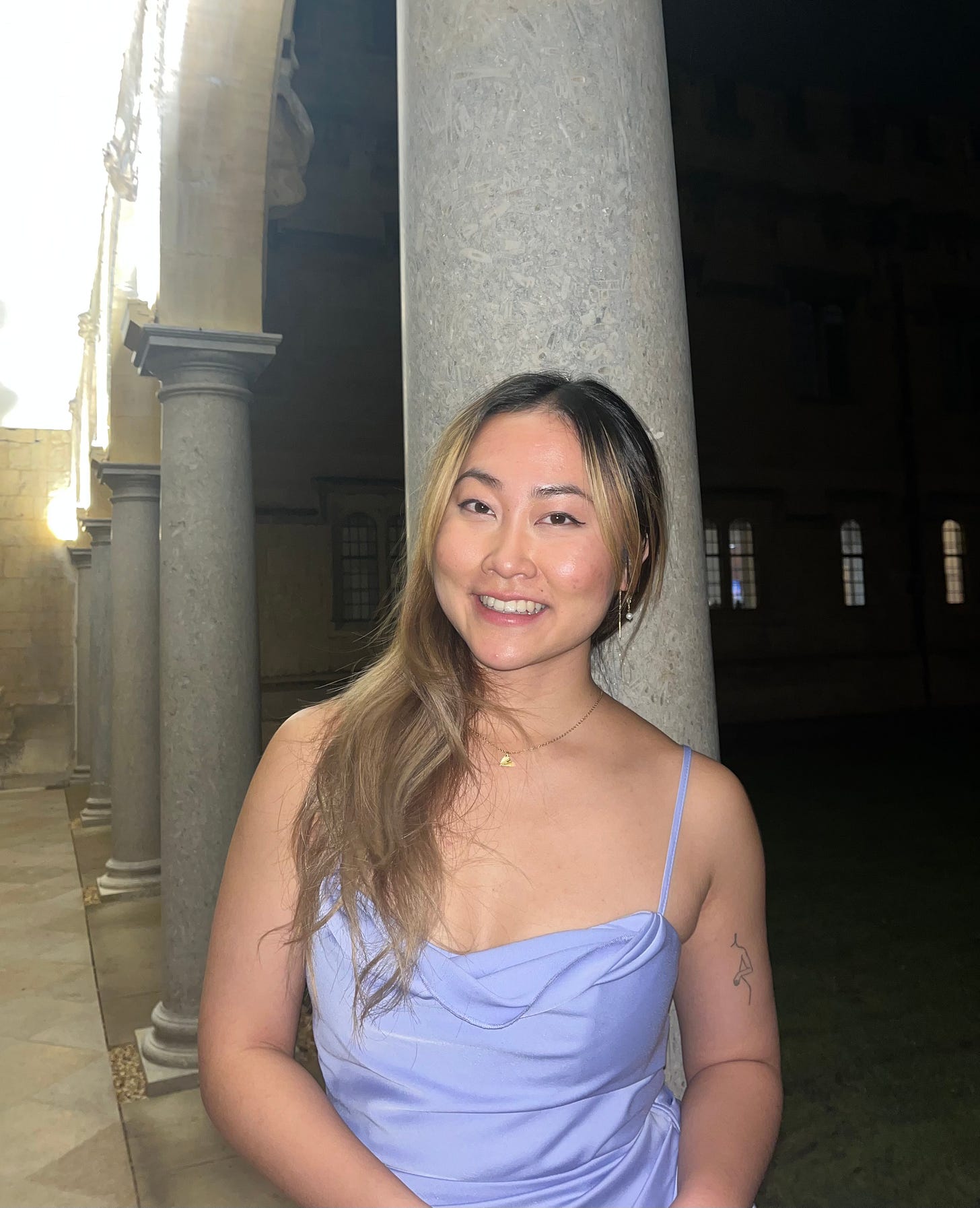
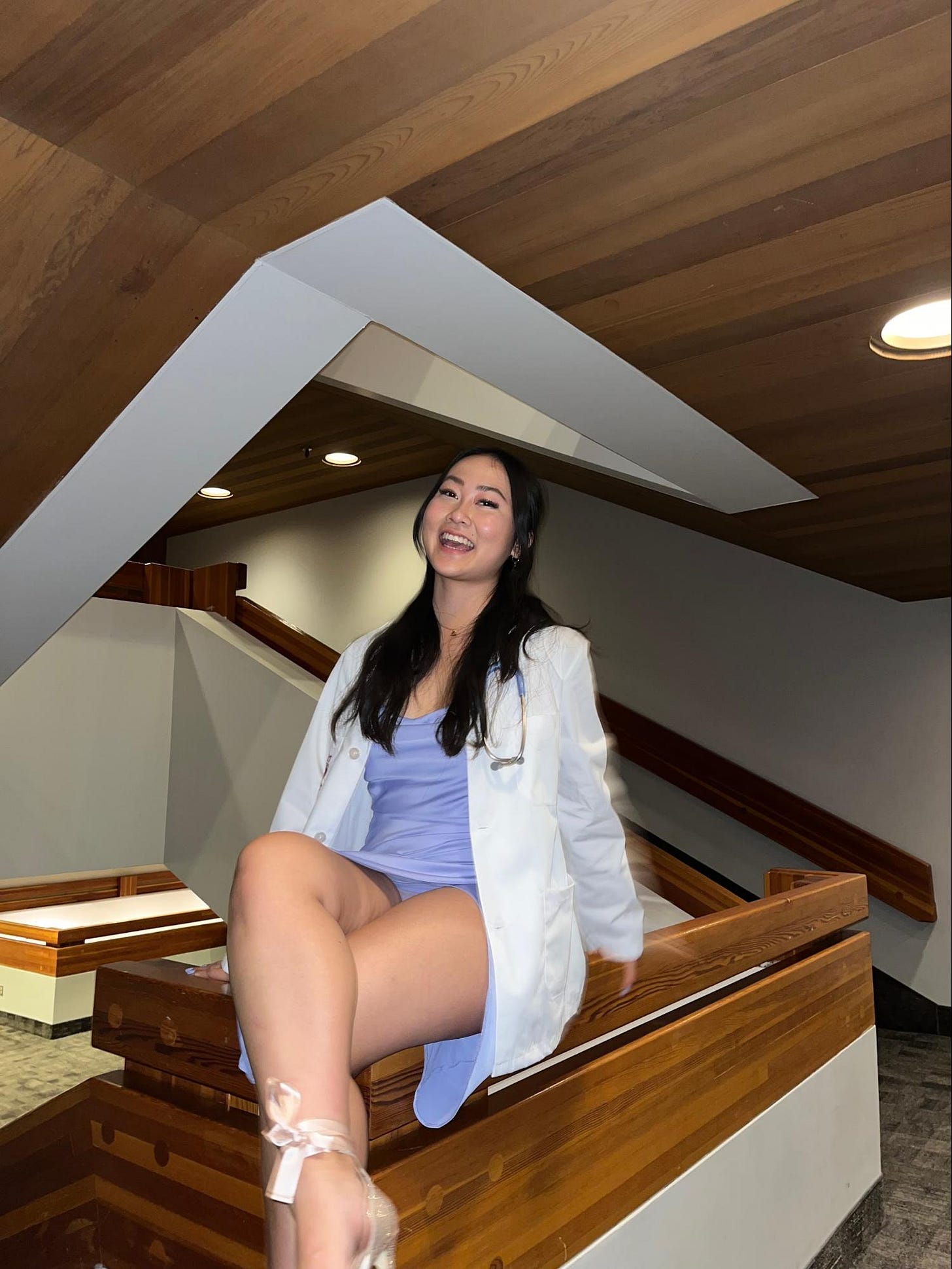
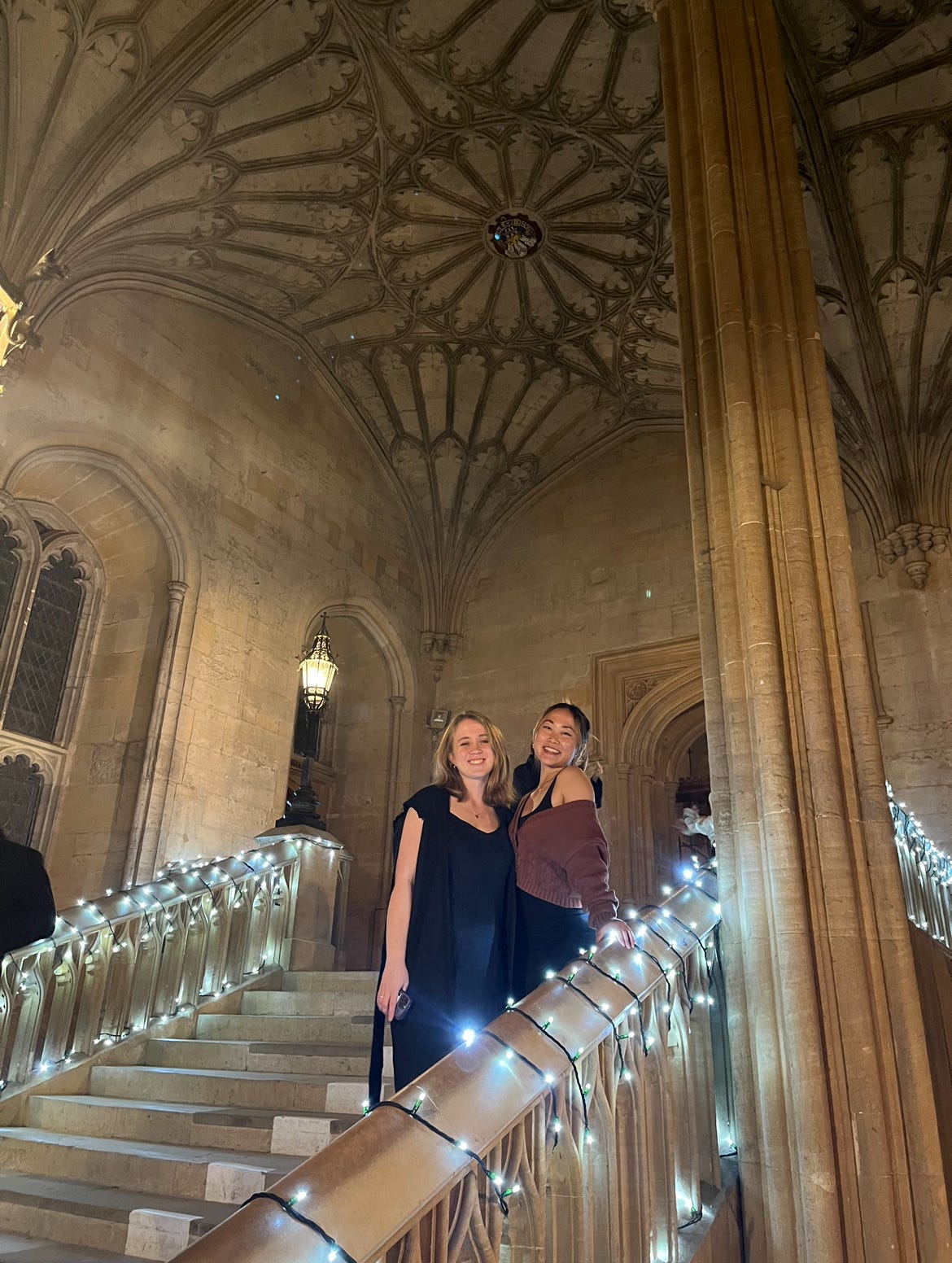

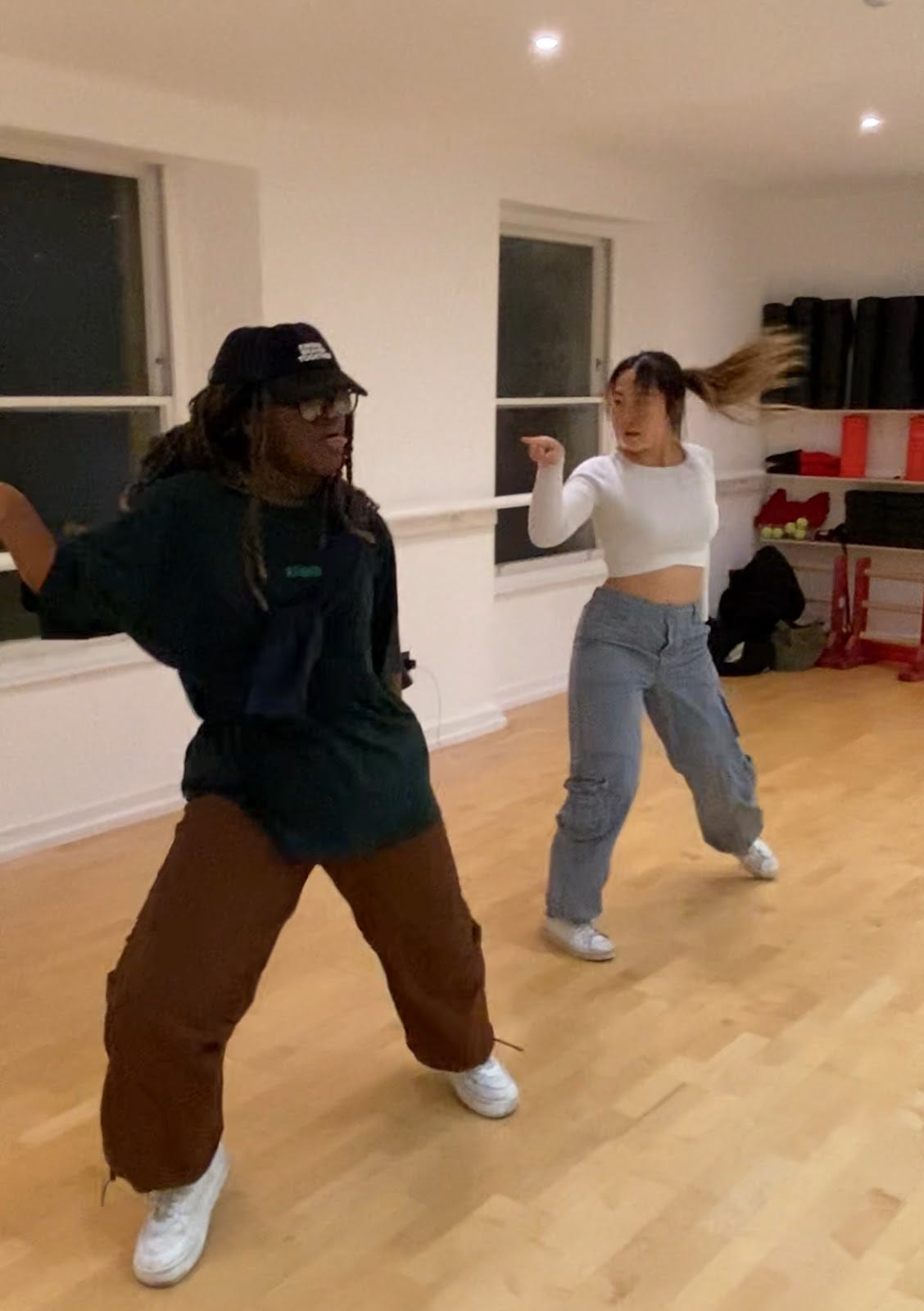
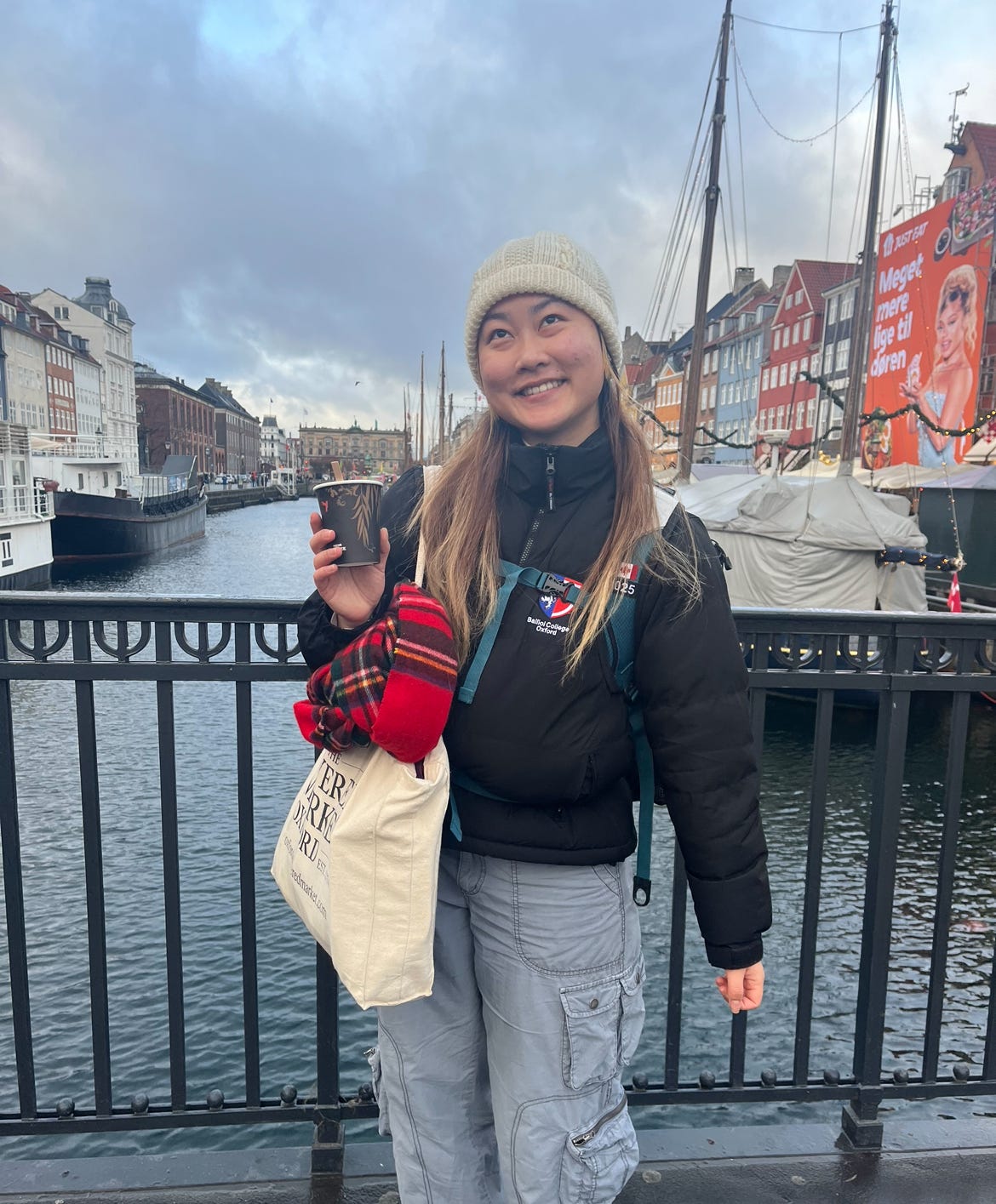
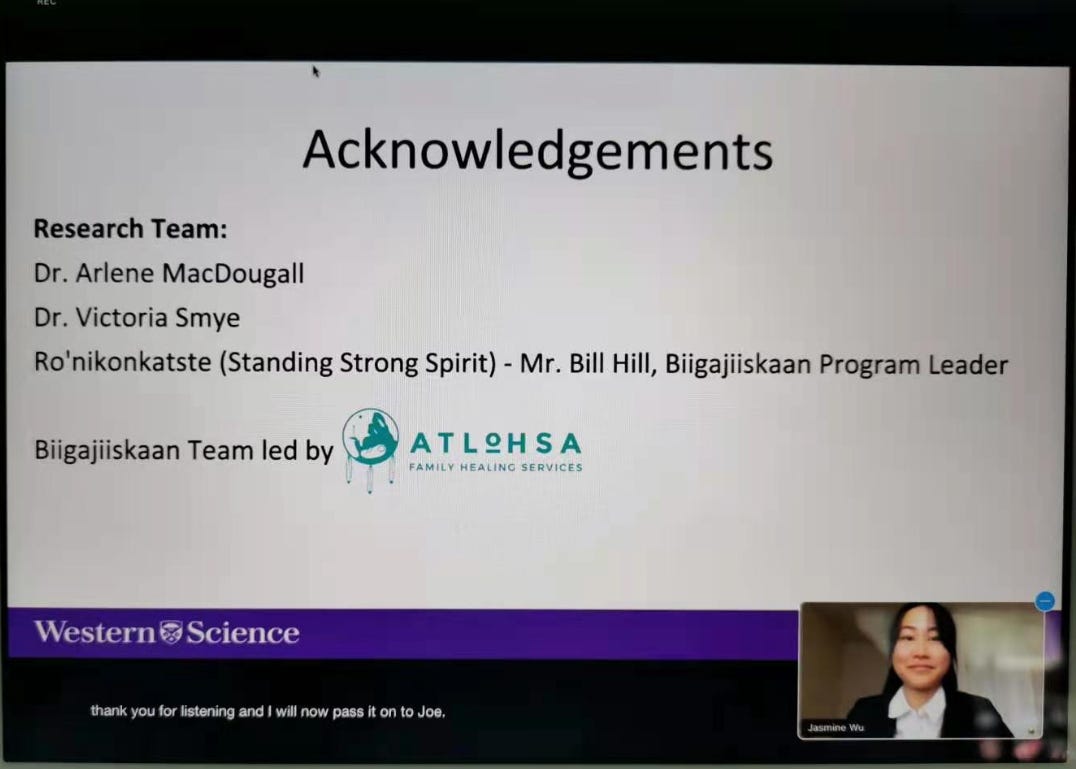
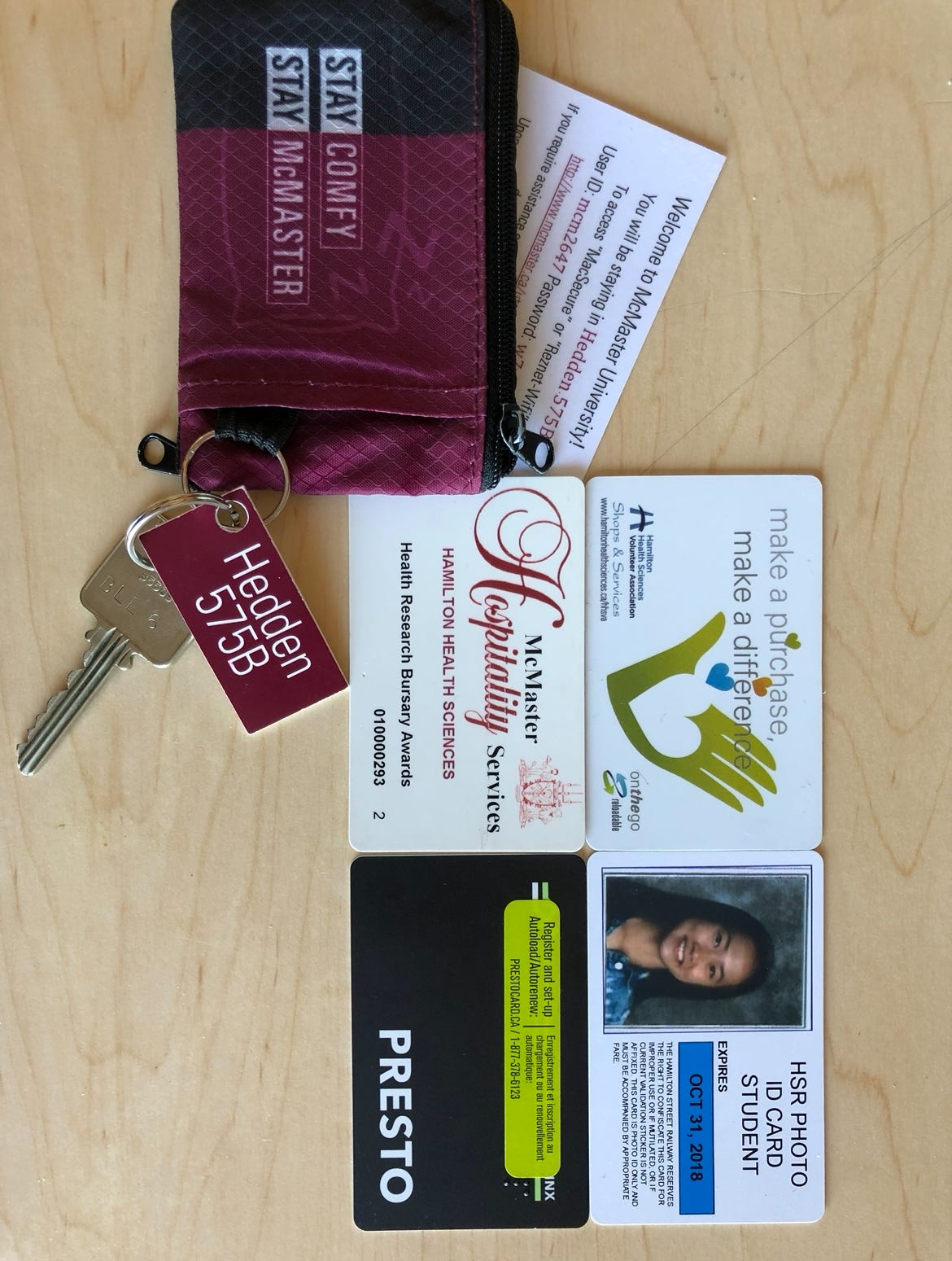
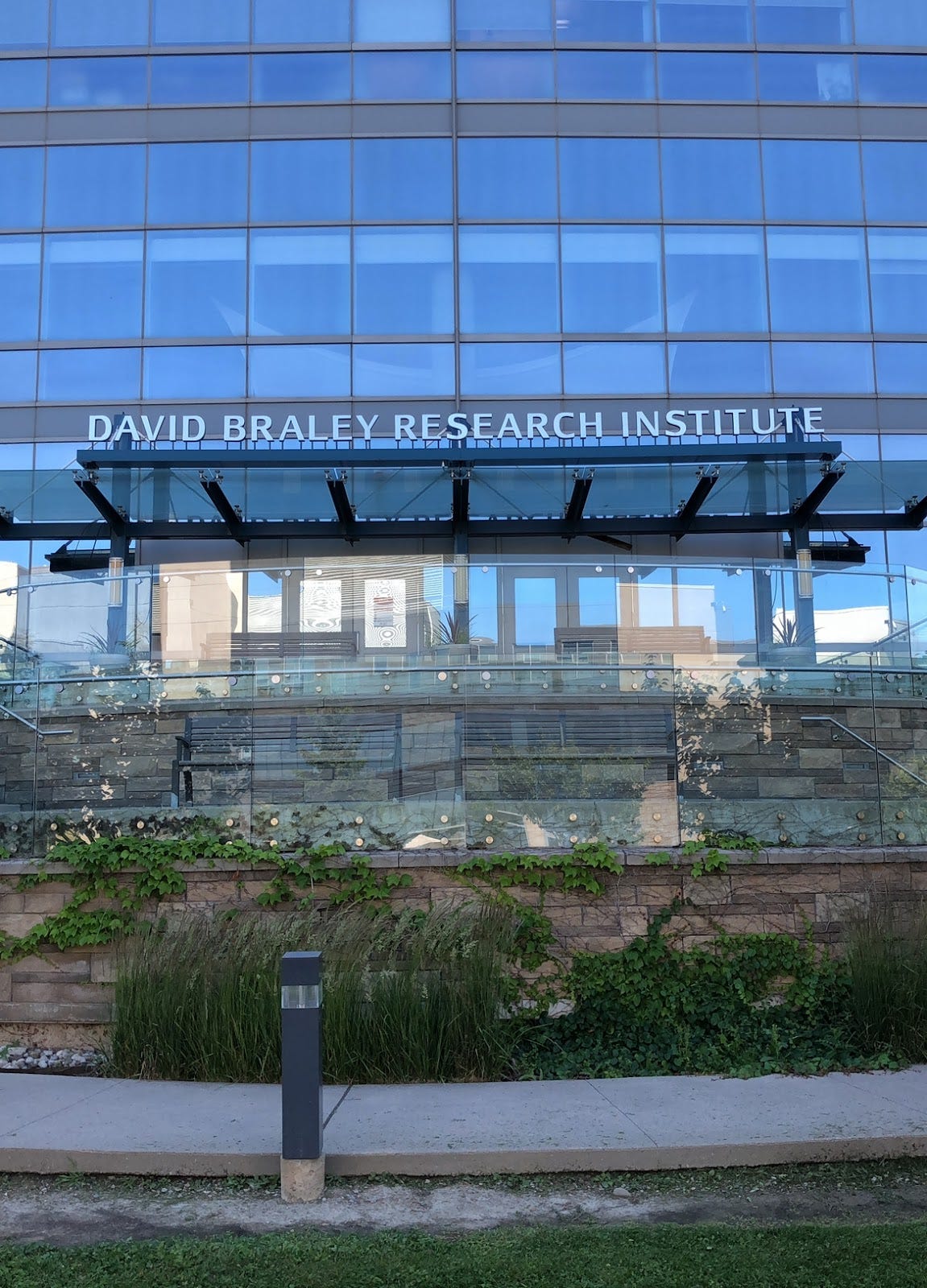
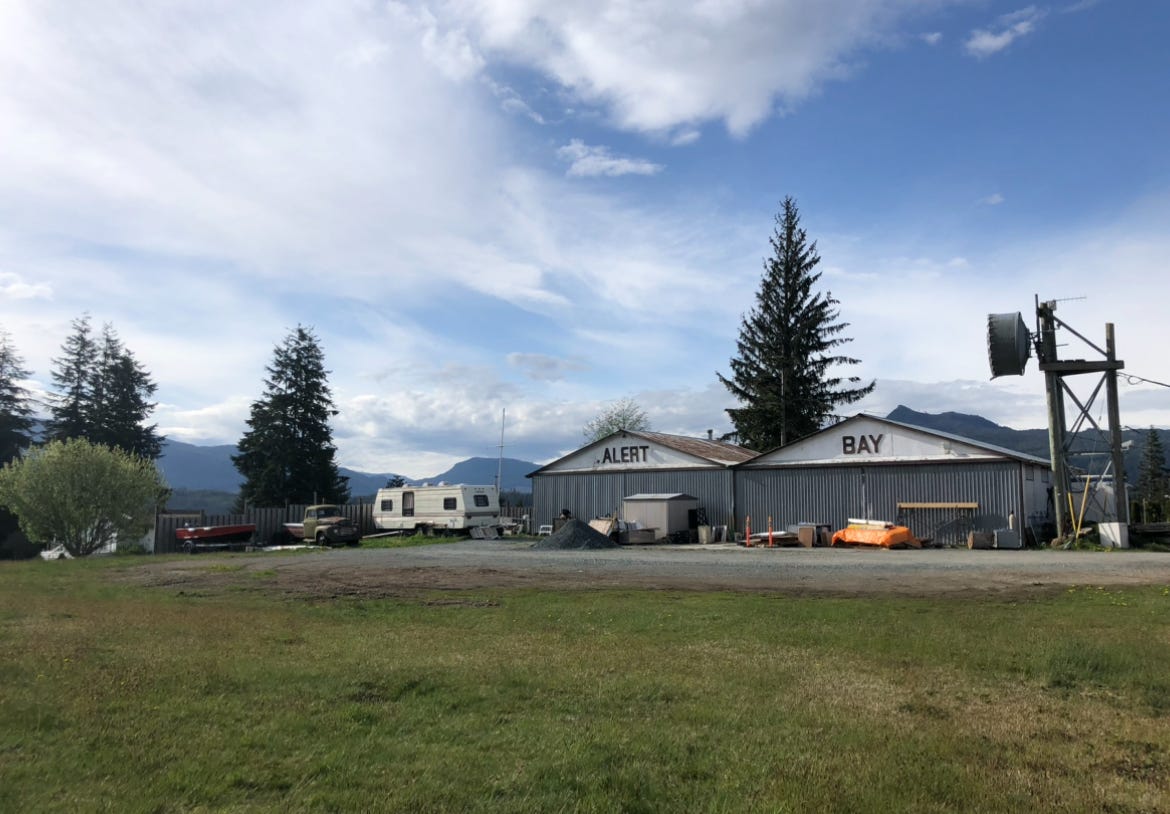
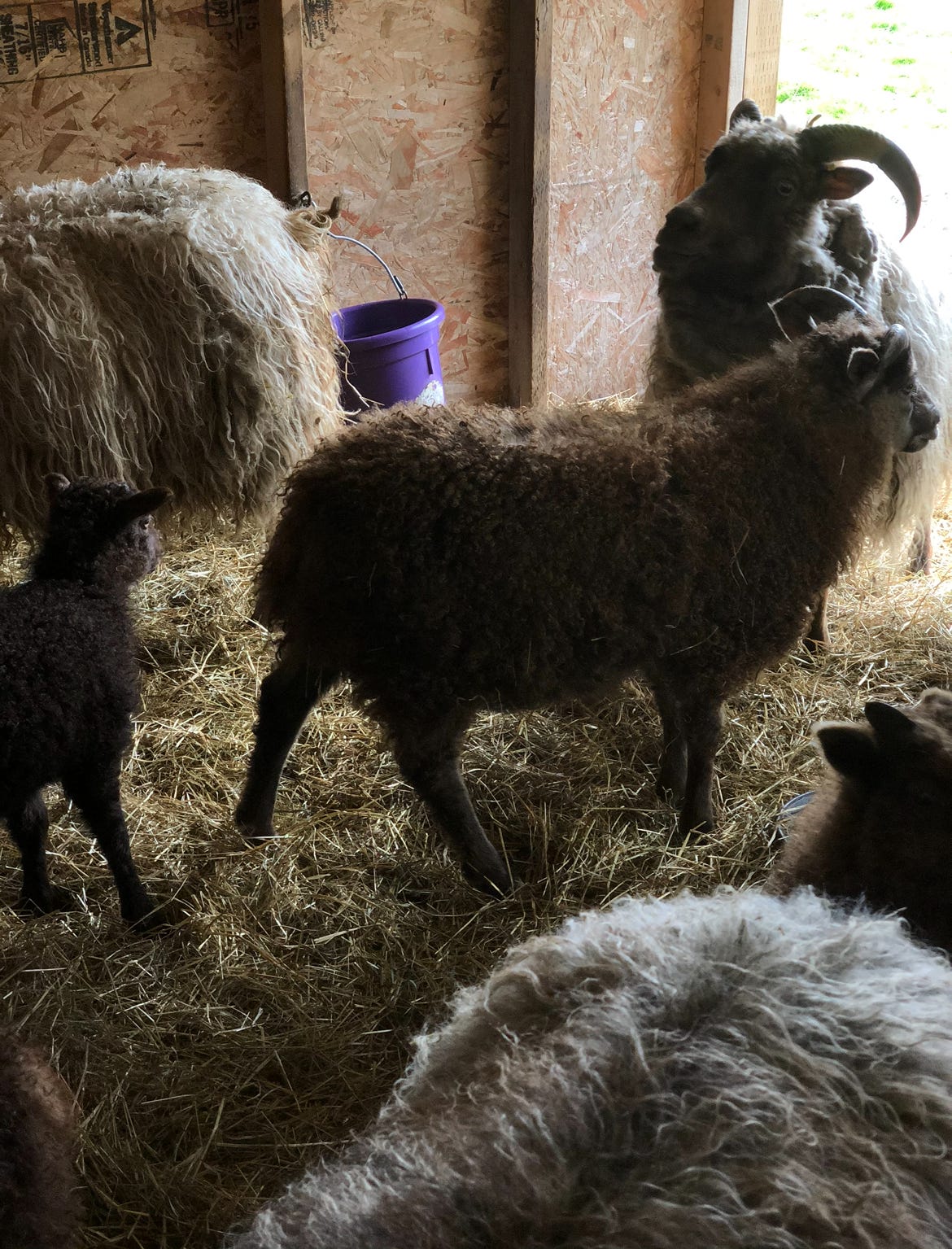
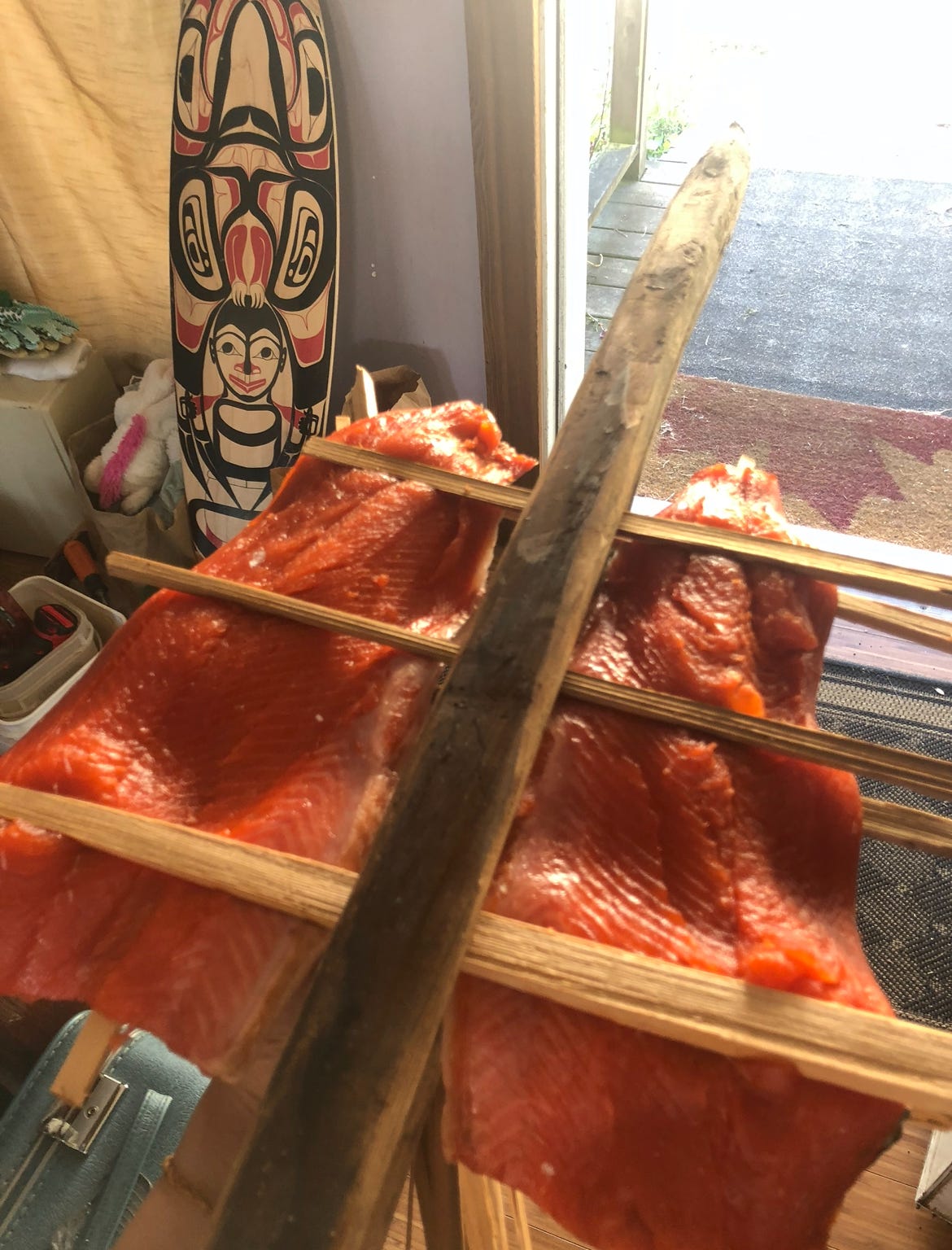
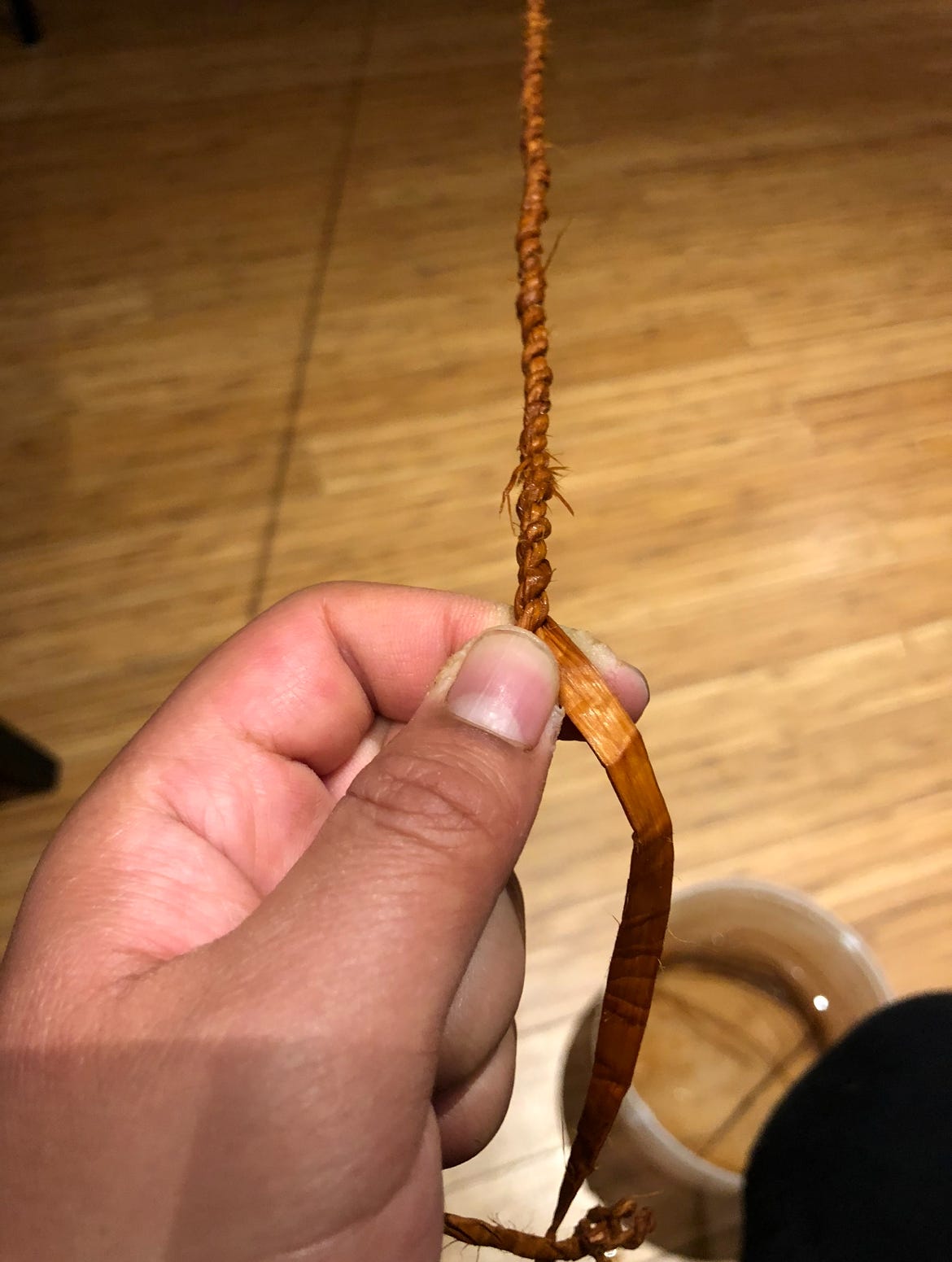
Thank you for sharing my story Sachi! <3